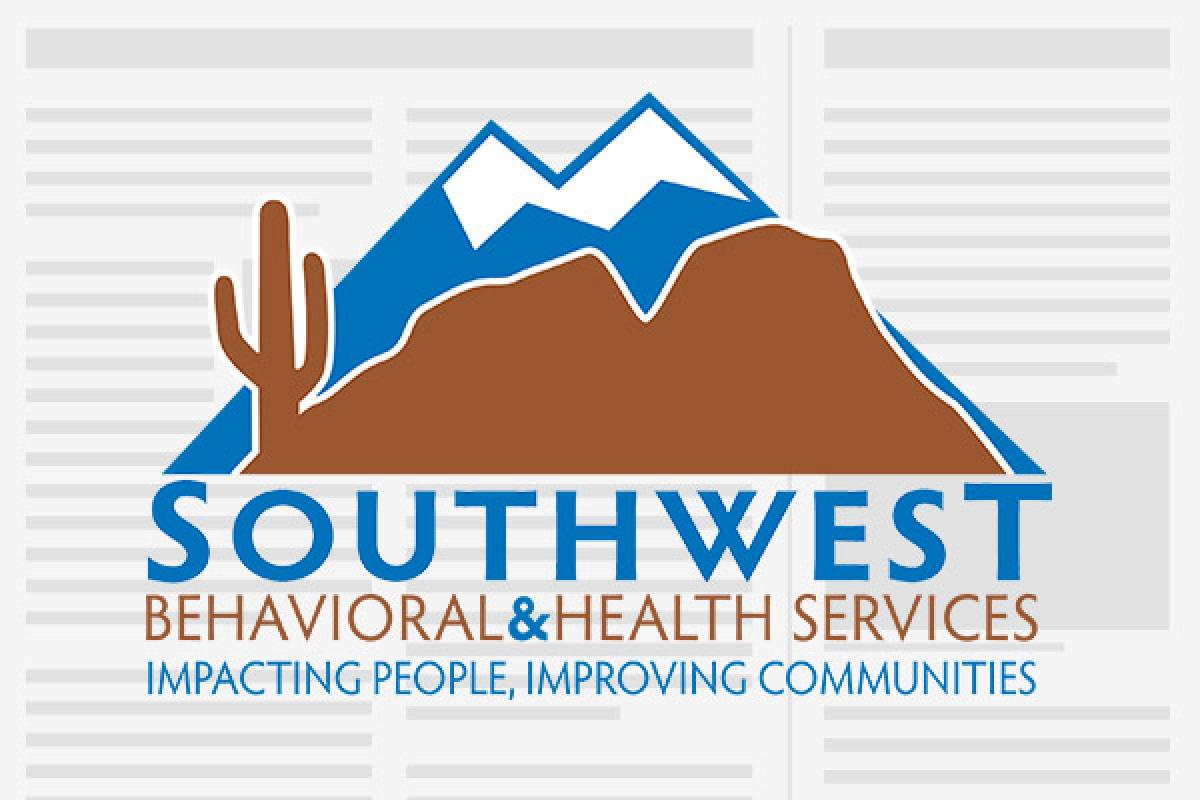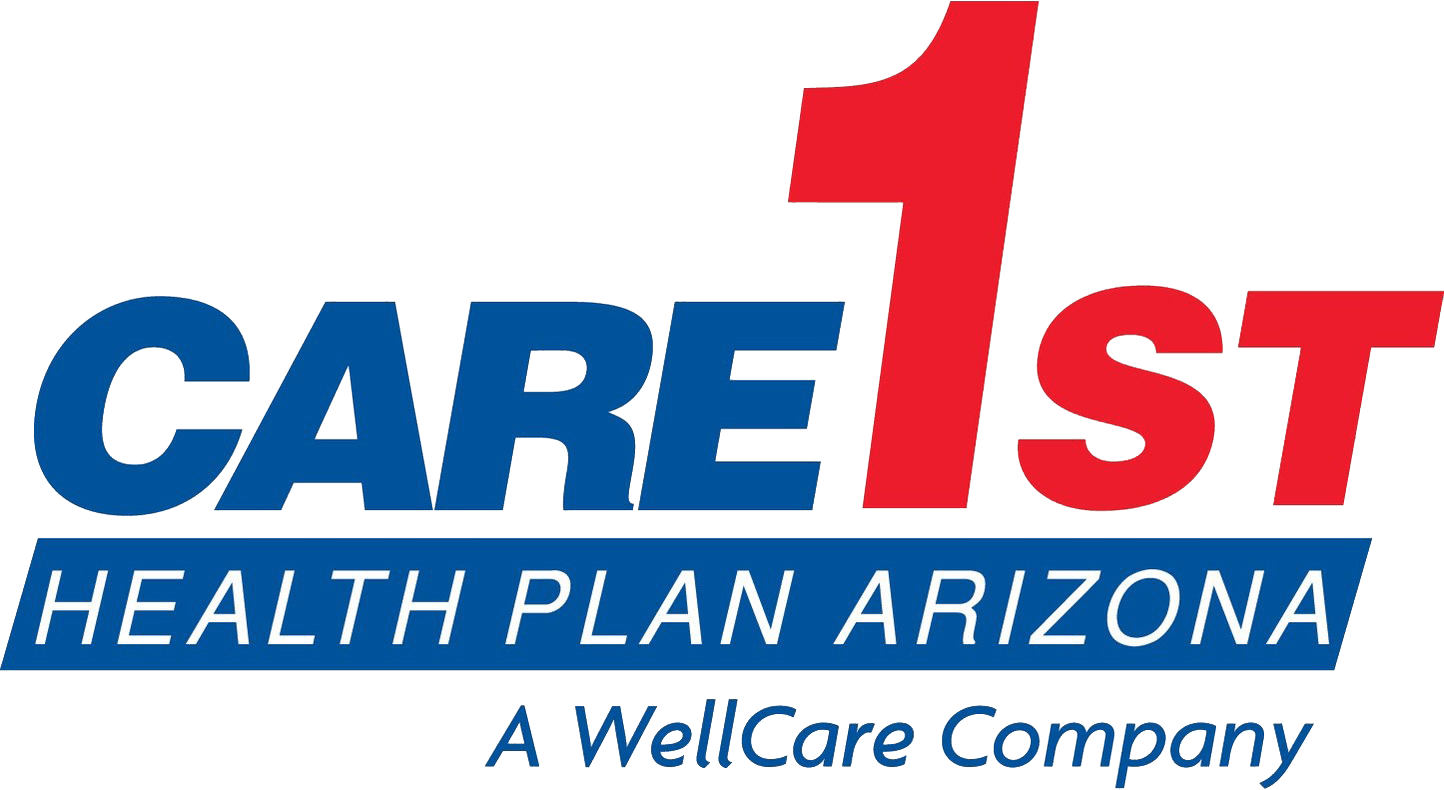
Now that the new school year has begun, parents have had the chance to talk to their kids about new friends, teachers, and exciting new lessons. It’s also a good time to have conversation about making smart, healthy choices. A lot of changes happen in the beginning of a new school year, making it a perfect time to review your family policy. It is important to go over your expectations as a parent and establish rules every few months as your children become older. The rules you had for your 8-year-old are going to be different when he is 13 and again different by age 16.
We recently offered a free Back to School Webinarwith tips on how to ensure your child is making the right choices and is aware of the consequences if he is to make the wrong one. Some highlights:
- Studies and survey show that the number one reason kids stay away from drugs and alcohol is they don’t want to disappoint or get in trouble with their parents.
- Have very specific, precise rules that kids can’t get around. For example: “No tobacco or nicotine products” rather than “no smoking”. Do your research and have good reasons to back it up. “Because I said so” is not a good reason.
- Review your family policy and clarify expectations every six months. Have real consequences for going against the set rules, such as “the punishment of one action is three weeks grounding. The punishment of another action is no more Internet.”
- Have realistic consequences that you can uphold. Grounding your kid for six months, but relaxing after only two teaches the child that they have leeway, possibly encouraging them to test your limits.
- Peer pressure, coping with problems and the risks involved are the top reasons teens try drugs.
- Kids are more likely to experiment with drugs if there is a family history of substance abuse, if they have close friends who use; if they tried drugs at an early age, or are living with undiagnosed depression or other mental health issues.
- Build supportive relationships with your child and get to know who he or she socializes and spends time with, including friends, teachers and coaches. Also good to know is what media they are consuming, both traditional media like TV and radio as well as social media like Facebook.
- Be observant. Talk to your child when he comes home at night. Watch for strange behavior, not everything is as easy as smelling alcohol
- Prescription drug abuse has been called an epidemic in Arizona. Safeguard your medications at home, dispose of prescriptions properly when done and and confront your child if you think some are missing.
- Take action when you suspect your child is using drugs: Focus, don’t panic or get overly upset. Start talking. Start talking about your rules and the policy. In extreme cases, talk about treatment. Don’t go about it alone, we are here to help.
While not all kids will experiment with drugs and alcohol, they will be exposed to it one way or another. It is not a “if,” but “when.”
To be notified of our next webinar, join the Parents Cluband we’ll keep you up-to-date on current abuse trends and tips on how to start conversations and more.














